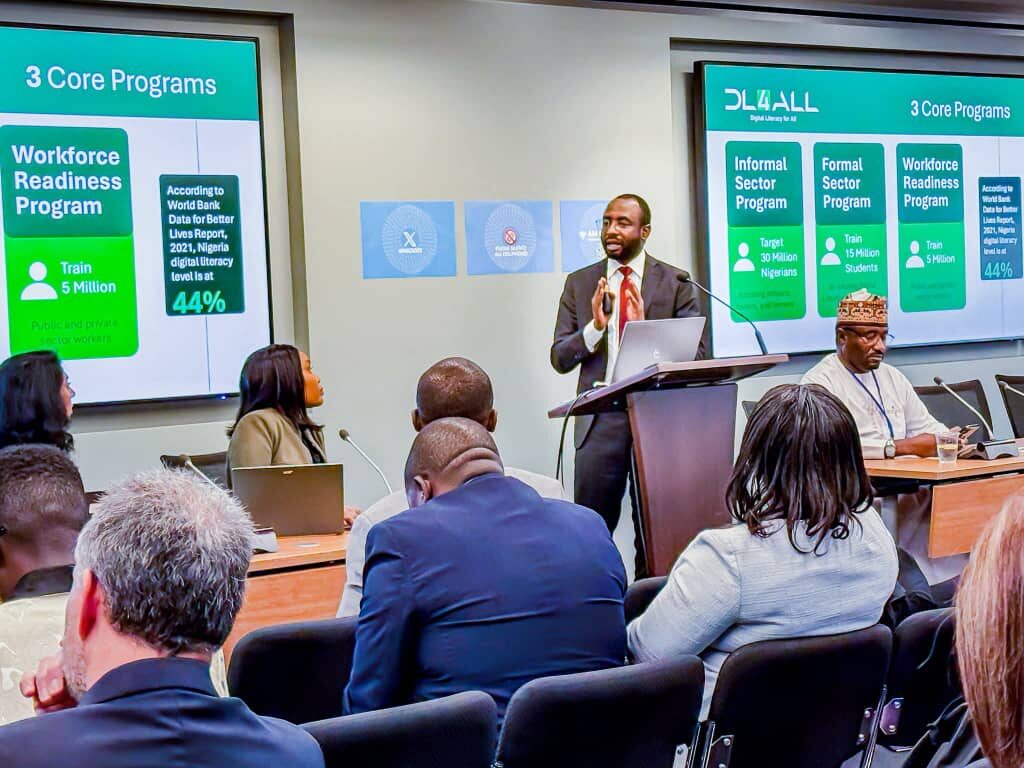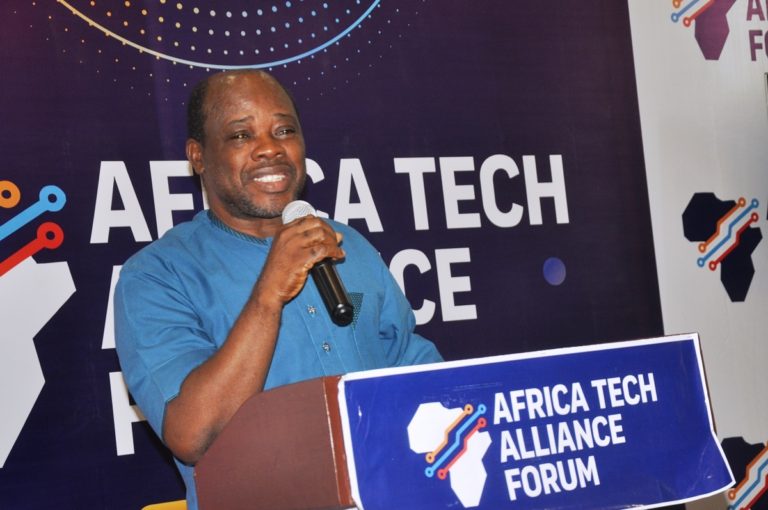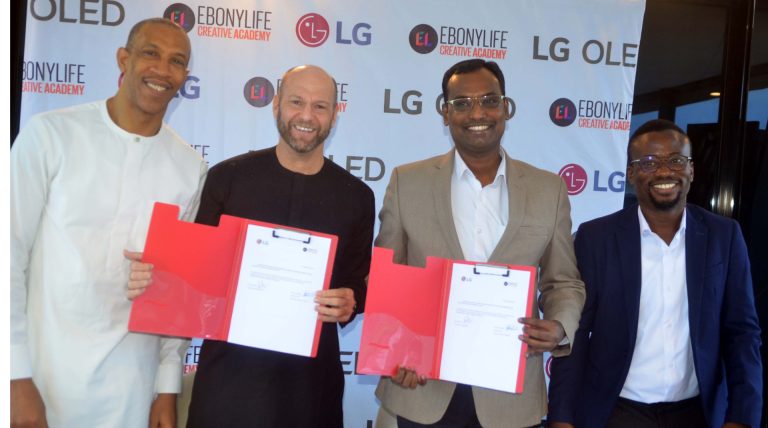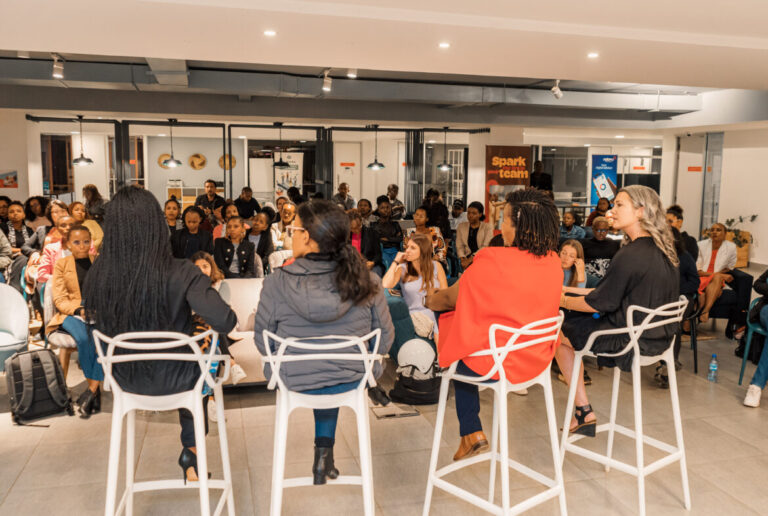NITDA DG: Harnessing Renewable Energy and Technology to Drive Rural Growth

The Director General of the National Information Technology Development Agency (NITDA), Kashifu Inuwa, CCIE, has reiterated on the vital role of renewable energy and digital innovation in accelerating inclusive growth and transforming rural communities across Nigeria.
Speaking as a panellist at the Civil Society Policy Forum during the 2025 Annual Meetings of the World Bank Group and International Monetary Fund (IMF) in Washington D.C., Inuwa described renewable energy as a “fundamental enabler” for digital inclusion and economic empowerment.
“Renewable energy is not the destination. It is a catalyst when there is power, connectivity follows, and that connectivity triggers true transformation,” he said.
Inuwa illustrated how access to clean energy and technology can transform rural livelihoods, citing examples of AI-powered farming tools, online platforms for women entrepreneurs, and remote digital jobs that allow youths to earn globally while living locally.
“A farmer equipped with a simple app can double his income, send his child to school, and employ others. A young person with internet access doesn’t need to migrate to Abuja or Lagos he can work from his village and earn in dollars,” he noted.
The NITDA boss linked these initiatives to President Bola Ahmed Tinubu’s Renewed Hope Agenda, which prioritises sustainability, diversification, and inclusivity. He explained that Nigeria’s digital economy strategy under the Ministry of Communications, Innovation, and Digital Economy rests on five key pillars knowledge, policy, infrastructure, innovation and entrepreneurship, and trade while NITDA’s operational framework expands on eight strategic pillars, including digital literacy, research, cybersecurity, innovation, and strategic partnerships.
Inuwa disclosed that NITDA, in collaboration with the Federal Ministry of Education, is integrating digital literacy into Nigeria’s school curriculum from kindergarten to tertiary levels. Furthermore, digital competency is now a prerequisite for employment and promotion in the civil service.
Through these initiatives, the agency aims to train 50 million Nigerians by 2027, creating a skilled workforce to drive the nation’s digital transformation.
“Our vision is clear, our journey is set, and our resolve is stronger than ever. We invite everyone to join us in building a digitally empowered and prosperous Nigeria,” Inuwa concluded.
Also speaking at the session, Fowzia Hassan, Senior Operations Officer, Infrastructure at the World Bank Group, reaffirmed the Bank’s commitment to expanding energy access across Africa through its ambitious Mission 300 (M300) initiative targeting 300 million new connections by 2030.
“Access to energy has always been central to the Bank’s development agenda, but with M300, we’ve set a clear target, a deadline, and the resources to make it happen,” Hassan said.
She explained that the initiative consolidates efforts by the World Bank, IFC, and MIGA to strengthen regulations, attract private investment, and deploy innovative financing models such as blended finance and risk sharing facilities to reach underserved communities.
Highlighting the gender dimension of energy access, Hassan cited data from the International Renewable Energy Agency (IRENA) showing that women make up 32 percent of Africa’s renewable energy workforce, mostly in non-technical roles. She called for deliberate policies to enhance women’s participation in technical and leadership positions.
“Women are vital consumers, producers, and decision makers in energy. Yet they face barriers ranging from finance to education and workplace inclusion,” she emphasized.
Among key World Bank supported initiatives are partnerships with the African Development Bank (AfDB) on National Energy Compacts, the DAIRS program in Nigeria designed to mobilize over $1 billion for mini grids and solar systems, and the Women in Energy Network Africa (WEN-Africa), which has already facilitated jobs for 57 women, with a goal of creating 4,000 energy sector jobs for women within three years, Hassan added.
“Creating a clean, inclusive, and just energy transition is not just about connecting homes it’s about empowering people, especially women and youth, to drive Africa’s prosperity,” she said.







